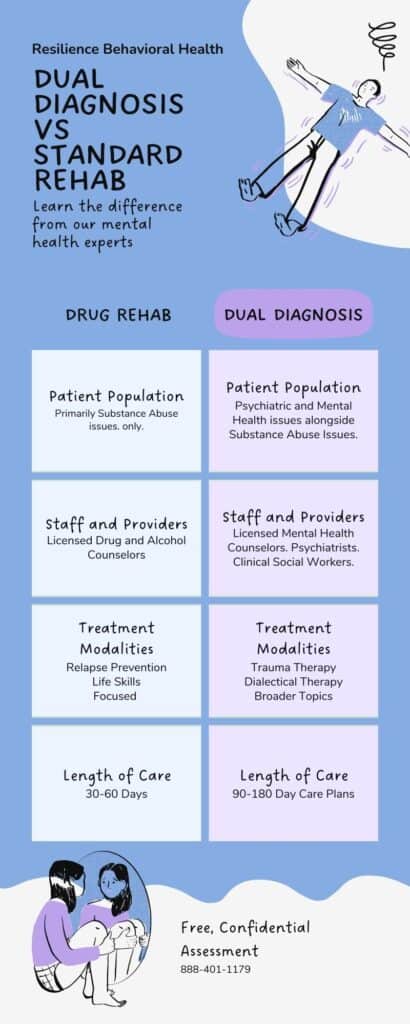The Latest Advances in Dual Diagnosis Treatment in Massachusetts
In the ever-evolving landscape of dual diagnosis treatment, Massachusetts continues to lead the way with innovative approaches to dual diagnosis. As the understanding of co-occurring disorders deepens, so too do the strategies employed by the Dual Diagnosis Treatment Center in Massachusetts.
Here, we explore the latest advances propelling the field forward.
Latest Advances in Dual Diagnosis Treatment Center in Massachusetts
Personalized Treatment Plans
Recent developments in dual diagnosis treatment in Massachusetts emphasize the importance of personalized treatment plans.
Recognizing the unique challenges each individual faces with co-occurring disorders, treatment centers are employing comprehensive assessments to tailor interventions. From therapy modalities to medication management, customization ensures a more targeted and effective approach to recovery.
Integrated Care Models
The integration of mental health and substance use services has become a hallmark of progressive dual diagnosis treatment in Massachusetts. Treatment centers are adopting integrated care models that foster collaboration between mental health professionals and substance use specialists. This holistic approach addresses the interconnected nature of co-occurring disorders, promoting seamless and coordinated care.
Telehealth Solutions: Increasing Access to Care
The advent of telehealth has revolutionized dual diagnosis treatment accessibility in Massachusetts. Particularly beneficial for individuals in remote areas or those facing mobility challenges, telehealth solutions provide real-time virtual access to counseling and support. This innovation enhances the continuity of care and ensures that individuals can access treatment resources conveniently.
Advancements in Medication-Assisted Treatment (MAT)
Medication-assisted treatment (MAT) continues to evolve, offering enhanced options for individuals with co-occurring disorders. Massachusetts is at the forefront of implementing the latest advancements in pharmacotherapy, tailoring medications to address both mental health disorders. This approach contributes to improved symptom management and a higher likelihood of sustained recovery.
Neuroscience-Informed Interventions
As our understanding of the neuroscience behind co-occurring disorders expands, Massachusetts treatment centers are incorporating neuroscience-informed interventions. Therapeutic modalities that focus on the brain-body connection, such as mindfulness-based practices and neurofeedback, are gaining prominence. These interventions aim to promote emotional regulation, reduce cravings, and enhance overall well-being.

Final Words
In conclusion, Massachusetts continues to spearhead advancements in dual diagnosis treatment, embracing a dynamic and holistic approach. Moreover, Individuals with co-occurring disorders can look forward to a landscape of treatment that is both innovative and compassionate.

